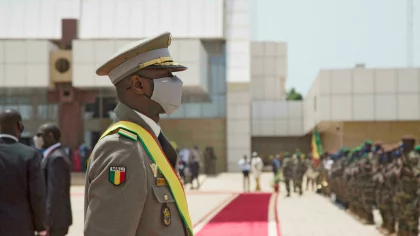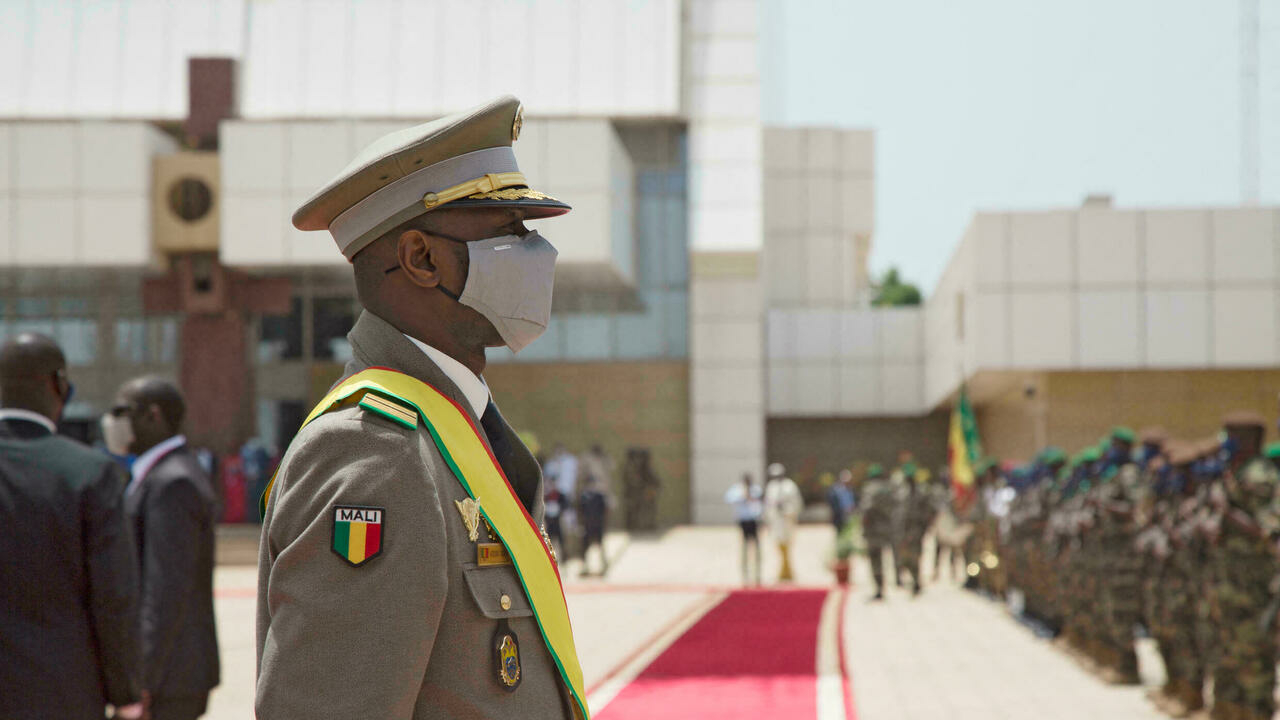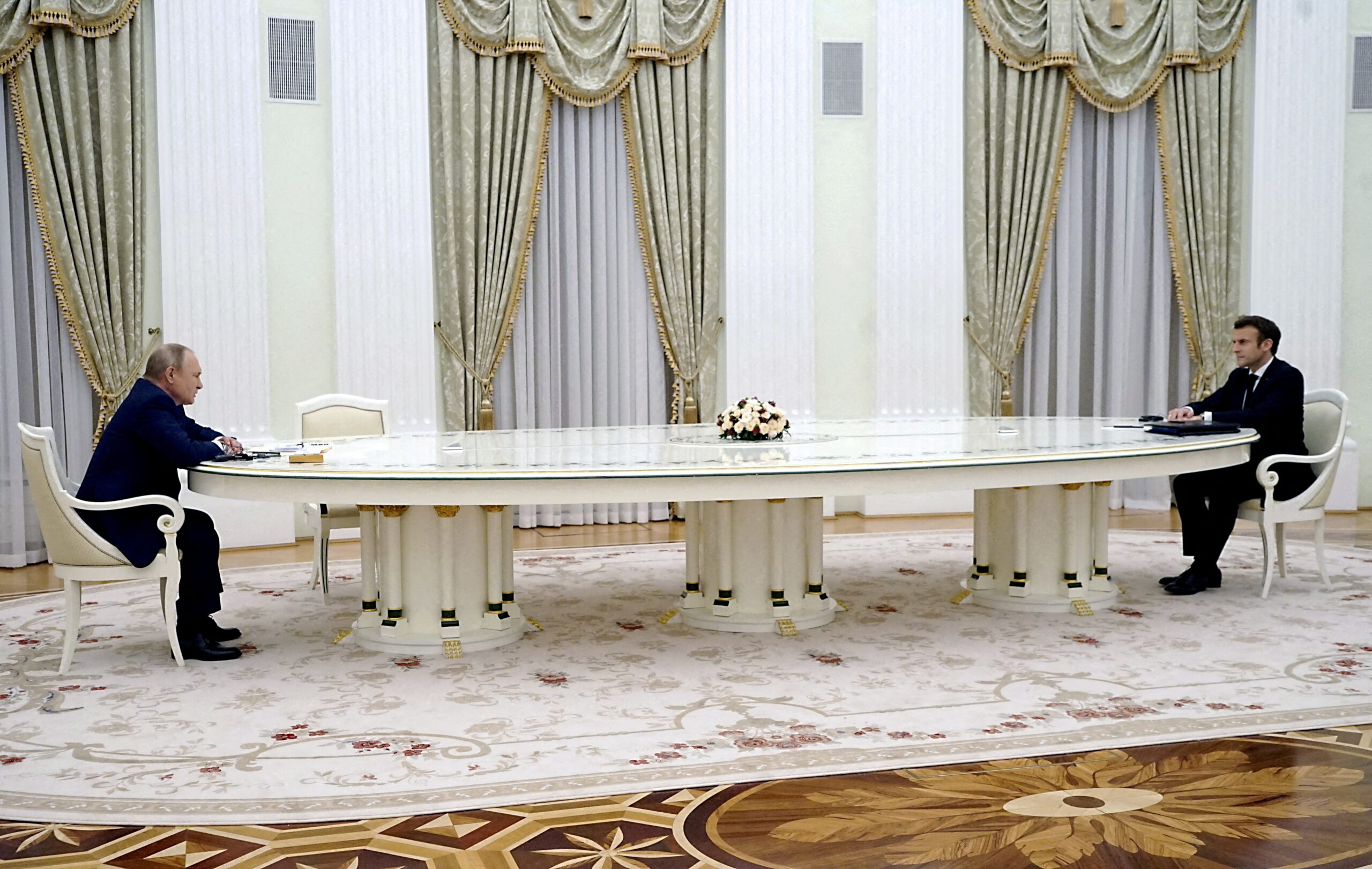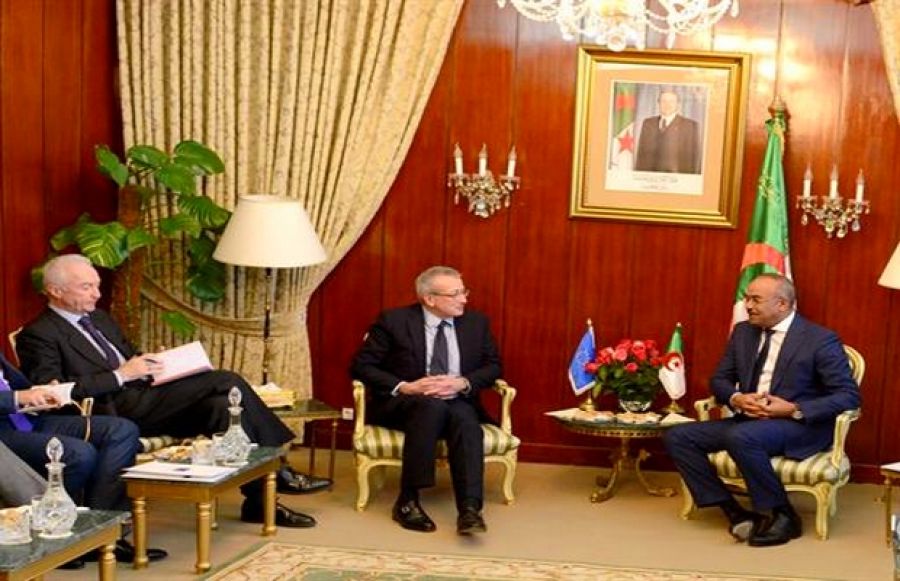 Mali’s new transitional charter was unanimously adopted Monday morning, February 21, by members of the National Transitional Council, the CNT, which serves as the country’s interim legislative body.
Mali’s new transitional charter was unanimously adopted Monday morning, February 21, by members of the National Transitional Council, the CNT, which serves as the country’s interim legislative body.
This charter, which has just been adopted by the authorities, presents several novelties. There is already the number of appointed and non-elected parliamentarians, which increases from 121 to 147. Regarding the duration of the transition, the text states that the upcoming presidential election, the date of which is not yet known, will mark the end of the transition.
We made sure that it would be an instinctive event that would mark the end of the transition,” explains Souleymane Dé, president of the CNT’s law commission. That’s why you saw that the transition ends with the presidential election organized by the transitional authorities, the swearing in, the handing over to the newly elected president.”
Another new feature is that the position of vice president of the transition is abolished. Before the second coup in May 2021, the current head of state, Assimi Goïta, held the position. In the new charter, it is stipulated that as transitional president, Colonel Goïta will not be able to run for the next presidential and legislative elections. But some people are wondering: if he is not the transitional president until the end, can he be a candidate?
Finally, there is the amnesty voted for the authors of the last two coups.
The reason the new charter does not include a specific time frame for the end of the transition is that there are differing views on this issue and the members of the CNT were walking on eggshells. The draft submitted by the transition includes a period of six months to five years, as recommended by the Assises nationales.



